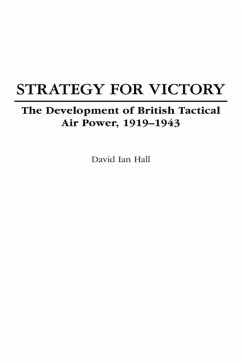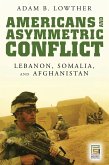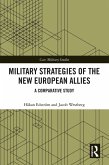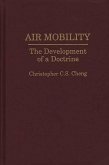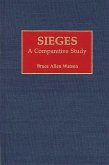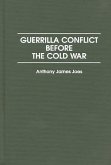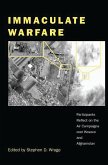Strategy for Victory: The Development of British Tactical Air Power, 1919-1943 examines the nature of the inter-Service crisis between the British Army and the RAF over the provision of effective air support for the army in the Second World War. Material for this book is drawn primarily from the rich collection of documents at the National Archives (UK) and other British archives. The author makes a highly original point that Britain's independent RAF was in fact a disguised blessing for the Army and that the air force's independence was in part a key reason why a successful solution to the army's air support problems was found. The analysis traces why the British army went to war in 1939 without adequate air support and how an effective system of support was organized by the RAF. As such, it is the first scholarly survey of the origins and development of British air support doctrine and practice during the early years of the Second World War. The provision of direct air support was of central importance to the success enjoyed by Anglo-American armies during the latter half of the Second World War. First in North Africa, and later in Italy and North-West Europe, American, British and Empire armies fought most if not all of their battles with the knowledge that they enjoyed unassailable air superiority throughout the battle area. This advantage, however, was the product of a long and bitter dispute between the British Army and the Royal Air Force that began at the end of the First World War and continued virtually unabated until it was resolved in late 1942 and early 1943 when the 2nd Tactical Air Force was created. Battlefield experience and, in particular, success in North Africa, combined with the hard work, wisdom and perseverance of Air Marshals Sir Arthur Tedder and Arthur Coningham, the active co-operation of General Bernard Montgomery, and the political authority of Prime Minister Winston Churchill, produced a uniquely British system that afforded the most comprehensive, effective and flexible air support provided by any air force during the war. The book is divided into two equal parts of five chapters. Part one surveys how the British Army went to war in 1939 without adequate air support, and part two explains how an effective system of air support was organized by the middle years of the war. The analysis traces Britain's earliest experience with aircraft in the Great War 1914-1918, the inter-war period of doctrinal development and inter-Service rivalry, and the major campaigns in France and the Middle East during the first half of the Second World War when the weaknesses in Army-RAF co-operation were first exposed and eventually resolved. As such, it is the first scholarly survey of the origin and development of British air support doctrine and practice during the early years of the Second World War.
Bitte wählen Sie Ihr Anliegen aus.
Rechnungen
Retourenschein anfordern
Bestellstatus
Storno

